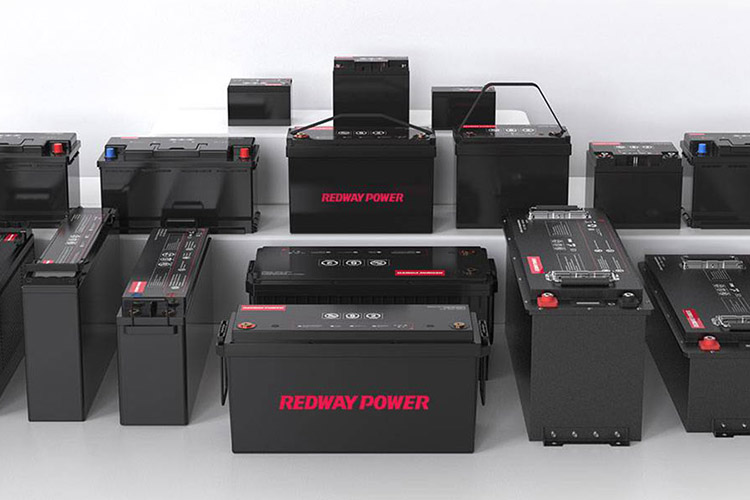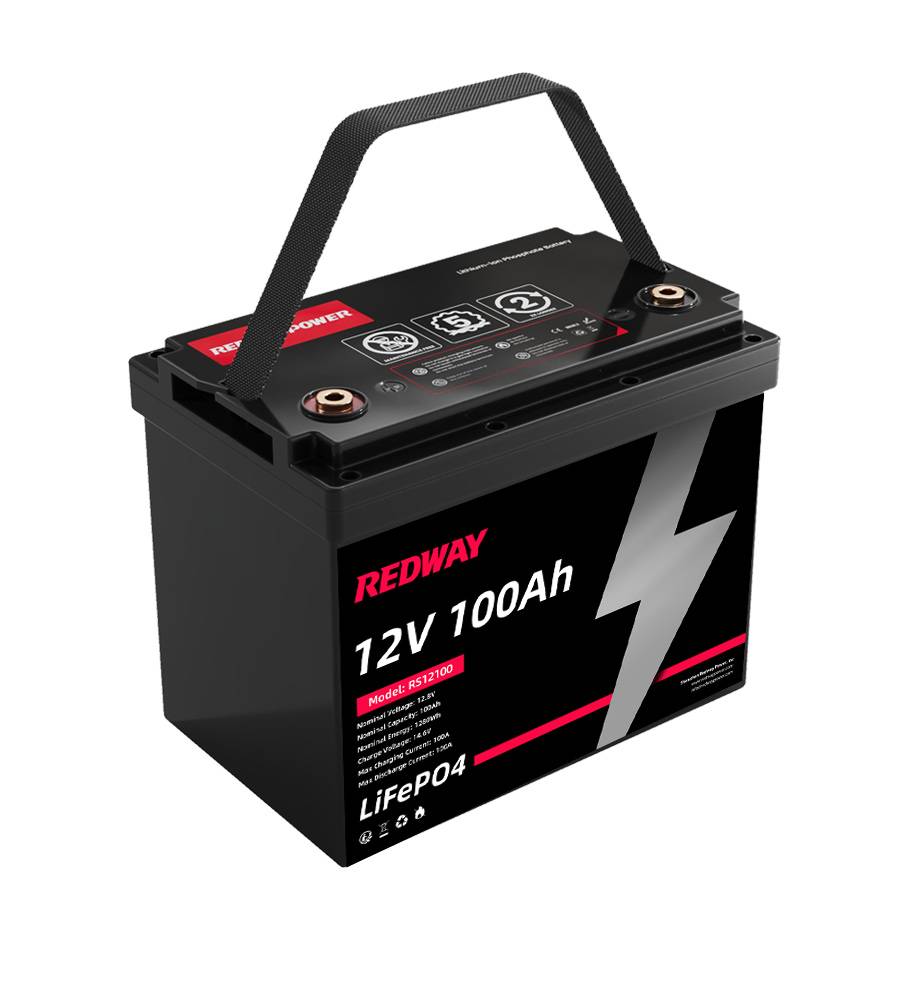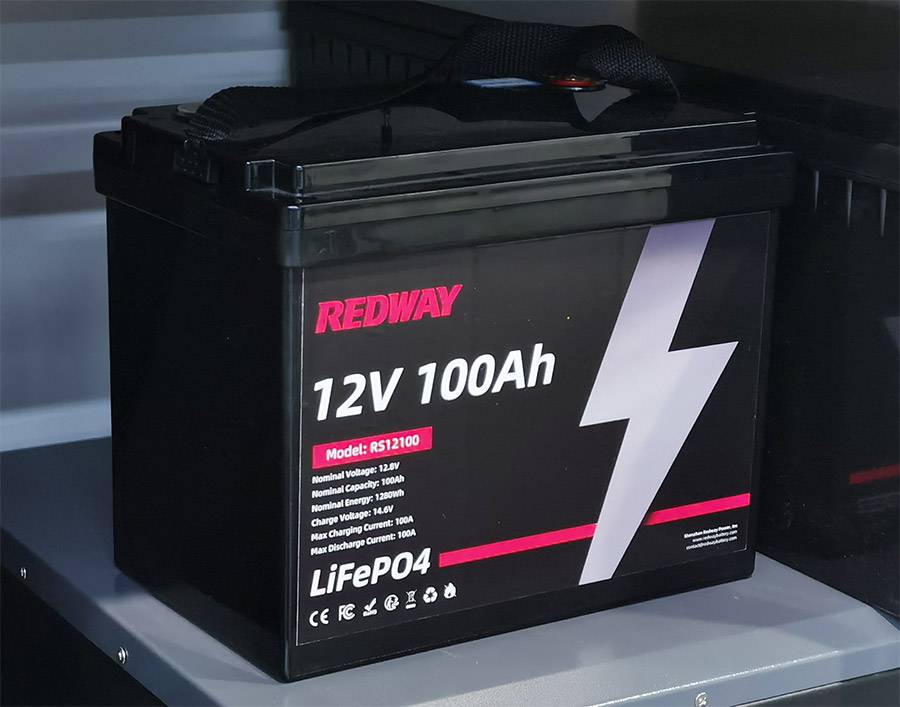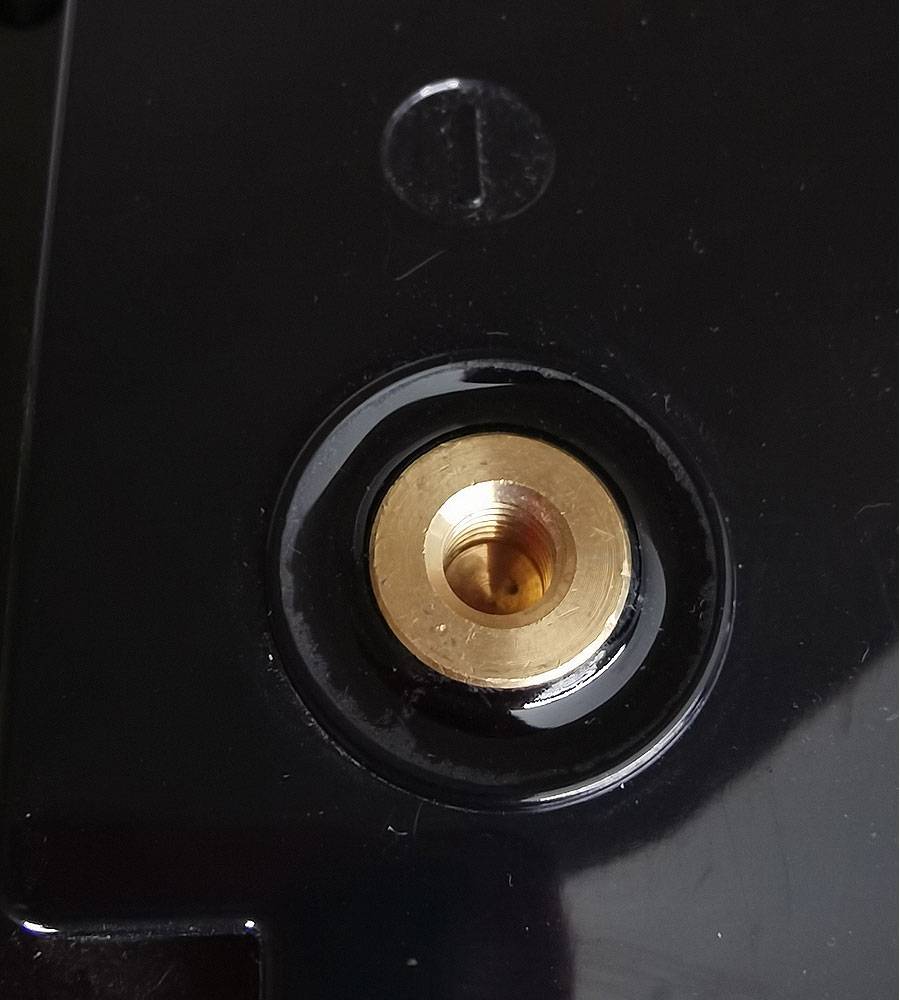Self-Heating LiFePO4 Battery Technology
How does self-heating work in LiFePO4 RV batteries?
Self-heating batteries use internal heating elements that activate below 5°C. A smart BMS monitors temperature and gradually warms cells to optimal charging range (0-45°C) before allowing full current. This prevents lithium plating and capacity loss in cold weather.
What temperature range supports self-heating LiFePO4 batteries?
These batteries operate effectively from -30°C to 60°C. The self-heating function typically activates below 5°C and maintains cells above 0°C during charging, ensuring safe operation in freezing conditions.
Can self-heating LiFePO4 batteries charge in freezing conditions?
Yes, they safely charge in sub-zero temperatures by pre-warming cells. The system temporarily reduces charging speed until reaching 5°C+, then resumes normal operation without damaging the battery.
RV Battery Applications
Why choose LiFePO4 over lead-acid for RV applications?
LiFePO4 offers 3x longer lifespan, 50% weight reduction, and 80% usable capacity versus lead-acid. They charge 5x faster, require zero maintenance, and handle deeper discharges without damage - ideal for boondocking.
What applications suit 12V 100Ah self-heating LiFePO4 batteries?
Perfect for RVs, campers, and off-grid cabins in cold climates. Also used in snowplows, ice fishing equipment, and winterized marine applications where freeze protection is critical.
How to maintain self-heating LiFePO4 batteries for longevity?
Avoid full discharges, store at 30-50% charge when idle, and keep terminals clean. The BMS handles self-heating automatically - no user intervention needed beyond routine inspections.
Marine Battery Solutions
What are top marine lithium battery manufacturers in China?
Leading brands include EVE Energy, CATL, and Sinopoly. Specialized marine battery suppliers like Relion and Battle Born source high-quality cells from these manufacturers for saltwater applications.
How to verify marine lithium battery certifications in China?
Check for CE, UL 1973, IEC 62619, and marine-specific certifications like DNV-GL. Reputable suppliers provide test reports and factory audit documentation upon request.
Why choose China for marine deep cycle batteries wholesale?
China offers 40-60% cost savings, custom BMS programming, and IP67 waterproofing options. Major ports simplify global logistics for marine applications with hazardous cargo expertise.
Group 24 Battery Specifications
How does self-heating technology work in Group 24 batteries?
Group 24 self-heating models embed thin heating pads between cells. A temperature sensor triggers heating at 3-5°C, drawing power from the battery itself or external sources during charging.
What are Group 24 LiFePO4 battery specifications?
Standard specs include 12V 100Ah capacity, 2000-7000 cycles, and 30-50% weight reduction versus lead-acid. Dimensions match traditional Group 24 (L10.25" x W6.8" x H9.3") for easy replacement.
What safety features accompany Group 24 lithium self-heating tech?
Multi-layer protection includes overheat cutoff, cell balancing, and waterproof casings. The BMS prevents overheating risks by regulating heating element operation.
Cold Weather Performance
How does cold weather affect 12V 100Ah Li battery performance?
Below 0°C, capacity drops 20-30% and charging becomes unsafe without heating. Self-heating models maintain 90%+ efficiency by keeping cells above critical thresholds in freezing conditions.
Why choose lithium batteries for RVs in cold climates?
They outperform lead-acid with faster cold starts, consistent power output, and self-heating options. Even at -20°C, lithium provides 2-3x more usable energy than frozen lead-acid batteries.
What are safety precautions for cold weather use of RV lithium batteries?
Never charge below 0°C (unless self-heating), insulate battery compartments, and monitor state of charge. Use low-temp cutoffs or self-heating models for reliable winter operation.
Wholesale & Compliance
What certifications does the China factory hold for LiFePO4 production?
Top factories maintain UL 1973, UN38.3, IEC 62133, and ISO 9001. Marine-grade products add DNV/ABS certifications. Environmental compliance includes RoHS and REACH for EU markets.
Are GP24 batteries compliant with international environmental standards?
Yes, they meet RoHS, REACH, and CCS standards. Many manufacturers participate in closed-loop recycling programs to recover 95%+ materials from spent batteries.
What are wholesale benefits for Group 24 batteries?
Bulk orders (50+ units) receive 15-30% discounts, custom branding, and MOQ flexibility. Some suppliers offer free shipping containers for 200+ unit orders.







